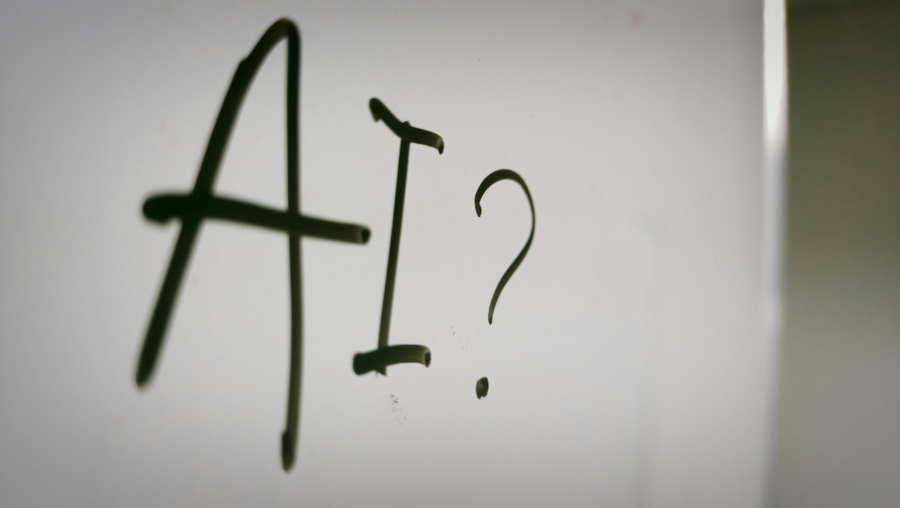AI Translation Poisoning Search Results
If you have been plagued by the recent YouTube’s AI dubbing, video title and description, that’s the kind of problems that is happening across all Google platform. I am talking about the Google Search results. And believe me when I say it, when I google something in Korean, I expect it to pick up Korean articles, posts, and threads so that it may be useful in the particular context.
Unlike English, a language multiple countries use as a standard or primary language, most Korean is only used in two Koreas. Let’s be honest, North Korea isn’t exactly open for internet, so South Korea would be the vast majority of the results. There are diasporas and diaspora communities, but the subject of those communities differ from mine; they are interested in finding the best locally available manufacturer or service provider of consumer electronics and services.
In my most recent encounter with the madness that is the AI-translated search results were around looking into customer support information for PSU. Customer support simply works differently per region; and how it operates in South Korea is too different than it is in the United States to take it into the considerations. I wanted to know how mine, a product known to have a defect with an official notice from the manufacturer, will be or can be covered in South Korea. Google showed me AI translated reddit threads and AI translated support document for American consumers — none of them were useful.
For reference, the information I actually needed were two things: first, I needed to find out the importer, the one who will carry out the support services on behalf of the manufacturer, and two, I needed to know what their policy is for the region. If the importer simply refuses to acknowledge a problem, albeit it a nuisance it might not be significant enough to issue a replacement, then my hands would be tied. Google offered no assistance. I ended up looking it up manually.
The worst offense of this supposed service is its quality of the translation work. It’s unusable for average users. On the reddit threads I was reading, I noticed AI didn’t translate RMA into Korean. There are English words used as-is in Korean, but RMA is not one of them. If you look up RMA on English-Korean dictionary, the first word listed is “Random Multiple Access” in military and communication context. I think I see RMA more often on English PC builder communities in reference to the warranty services.
Again, I’m not saying AI will never become useful. I am saying, however, that AI, in current form, needs a vetting process. It will need a vetting process until we can establish an AI or another automated system can self-vet an AI service. In some cases, even the average users are more fluent than AI in a foreign language. And the low quality work shown on YouTube AI translated video contents is often hurting its own channel’s brand image. I’ve seen translated video titles where the AI translated English copy was wildly different from actual meaning in the original language. While it is up to Google to fix their own mess, until then, I want authors, artists, influencers, content creators, practically anyone who has the right to choose AI translation to vet the results before they hit the publish button with that feature enabled.
